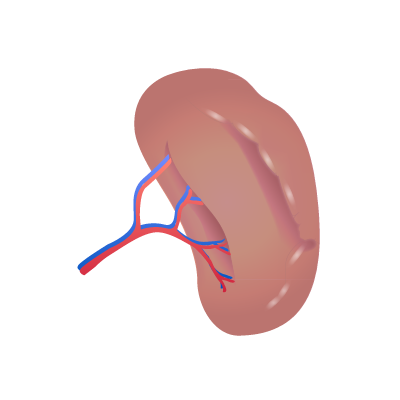Blog
“Respect in the Body”
Categories: Bulletin Articles, M. W. Bassford
We live in an extremely individualistic society. In the modern-day United States, everyone is indeed an island. We define ourselves as we please and seek advantage and happiness in the same way. Our politics reflect nothing more than the self-interested scrabbling of rival tribes.
It is tempting for us to import this individualized understanding into the church, but in 1 Corinthians 12:12-26, Paul calls Christians in the opposite direction. There, he compares the church (probably best understood in a local-church sense) to a human body. This analogy is extraordinarily powerful. In the world, people understand themselves as the self, and everyone else as the other. By contrast, in the body of the Lord, there is no other. We are all part of the same organism.
As Paul points out, we have no trouble understanding the implications of this by referring to our own natural bodies. I don’t regard my hand or foot with indifference. I don’t dismiss my innards as unimportant simply because I can’t see the work that they do. Instead, I am deeply appreciative of every part that God placed in my body. Every part has its purpose, and my health depends on each functioning as He intended.
Our congregation is no different. The divine design of our bodies is evident; 1 Corinthians 12:18 informs us that God has arranged the members of the church according to His will too. Just as every organ of the human body has a function, every Christian has a function in the Lord’s body. Indeed, the function of every Christian is vital and important.
The world doesn’t see this. The world assumes that I’m most important because I get up and preach sermons on Sunday, and that everybody else is the little people who make up my audience. Nonsense, says Paul. Preachers are important and have a role to fill, it is true. However, the sisters who send encouraging cards to the sick are equally important. So are the men and women who help maintain the building. So are the elders, who do 90 percent of their work out of the public eye. So are the Bible class teachers. So, indeed, is everyone who contributes to the welfare and growth of the Lord’s body in any way.
I’ve never seen my spleen. I couldn’t pick it out of a lineup. I only know what it does because I looked up “spleen” on Wikipedia as I was writing this article (it processes out old blood cells and helps with the function of the immune system, by the way). However, I would not suggest for a moment that my hands and feet matter more than my spleen because I see their work and can’t see its work.
The same is true in the church. Every one of us matters. Every work that we do matters, and that’s true whether others see and celebrate it or not. We are one in the Lord. We share our victories and our sorrows, and together we strive for the hope of a greater, eternal fellowship with Him.





